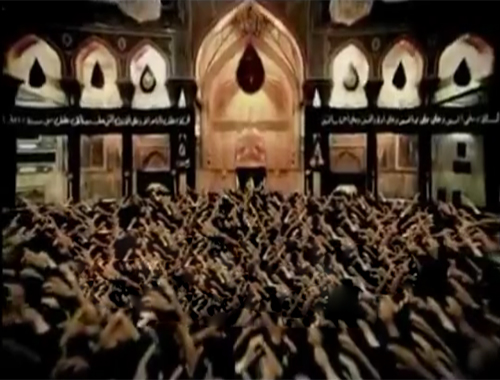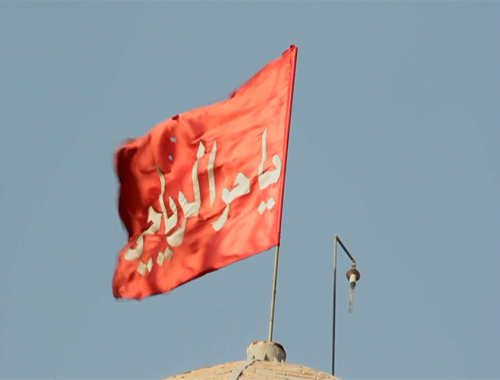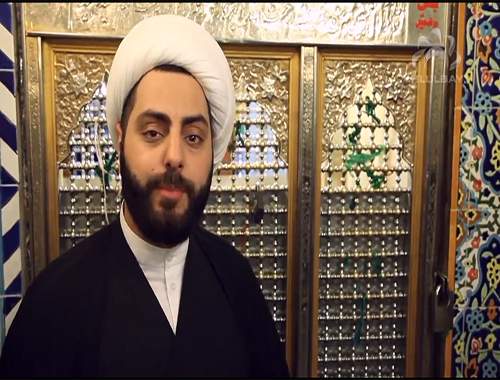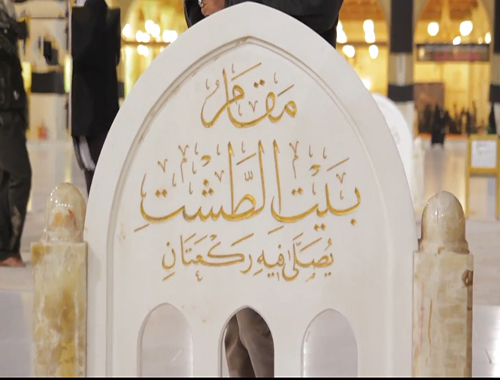4. Ma’mun’s Decision & Its Consequences
- Details
- Hits: 2554
4. Ma’mun’s Decision & Its Consequences
Finally Imam ar-Ridha arrived at Marw. Ma’mun offered him first the caliphate and then the succession to the caliphate. The Imam made his apologies and turned down the proposal, but he was finally compelled to accept the successorship—the Imam accepted the successorship with the condition that he would not interfere in governmental affairs or in the appointment or dismissal of government agents.
This event occurred in 200/814. But soon Ma’mun realized that he had committed an error, for there was a rapid spread of Shi‘ism, a growth in the attachment of the populace to the Imam, and an astounding reception was given to the Imam by the people and even by the army and govenment agents.
For example, once just a few days before an ‘idd, Ma’mun asked Imam ar-Ridha to lead the ‘idd prayer. The Imam refused at first, but then Ma’mun insisted. Finally, the Imam accepted but on the condition that he would lead the prayer the way the Prophet used to do. On the day of ‘idd, all the high ranking officials of Ma’mun came to the Imam’s house and waited for him outside. There were also many common people waiting for the Imam as well. The holy Imam came out of the house, barefooted, and started walking calmly with a walking stick in one hand. The officials stepped down from their horses and started walking behind the Imam. After every few steps he would stop and look towards the sky and say “Allahu Akbar.” The official entourage and the masses followed the Imam in what he was doing. Soon the entire city of Marw was ringing with the sound of “Allahu Akbar”. Ma’mun was informed by his spies that if this procession continues to the prayer area, the masses could easily turn against the ‘AbbÄsids and in favour of the Ahlul Bayt. Ma’mun immediately sent an emissary with the message to the Imam that by insisting that you lead the prayer, we have put you in difficulty so please return to your residence and the ‘idd prayer will be led by the regular imam. The Imam ordered that his shoes and horse be brought, he got on it and returned home. This episode made it clear for the people that Ma’mun was not sincere in his show of respect towards Imam ar-Ridha: he would respect him as long as that did not endanger his own caliphate.
Unlike other caliphs, Ma’mun displayed great interest in having works on the intellectual sciences translated into Arabic. He organised gatherings in which scholars of different religions and sects assembled and carried out scientific and scholarly debates. Imam ‘Ali ar-Ridha also participated in these assemblies and joined in the discussions with scholars of other religions. Many of these debates are recorded in the collections of Shi‘ite hadiths. These debates also gave a high profile to the Imam’s status in knowledge to the extent that people started making comments that ‘Ali ar-Ridha is more deserving of the caliphate than Ma’mun.
Concerned with the spread of Shi‘ism and the popularity of Imam ar-Ridha, Ma’mun sought to find a remedy for this difficulty — he had the Imam poisoned and martyred. After his death the Imam was buried in the city of Tus in Iran, which is now called Mashhad.











